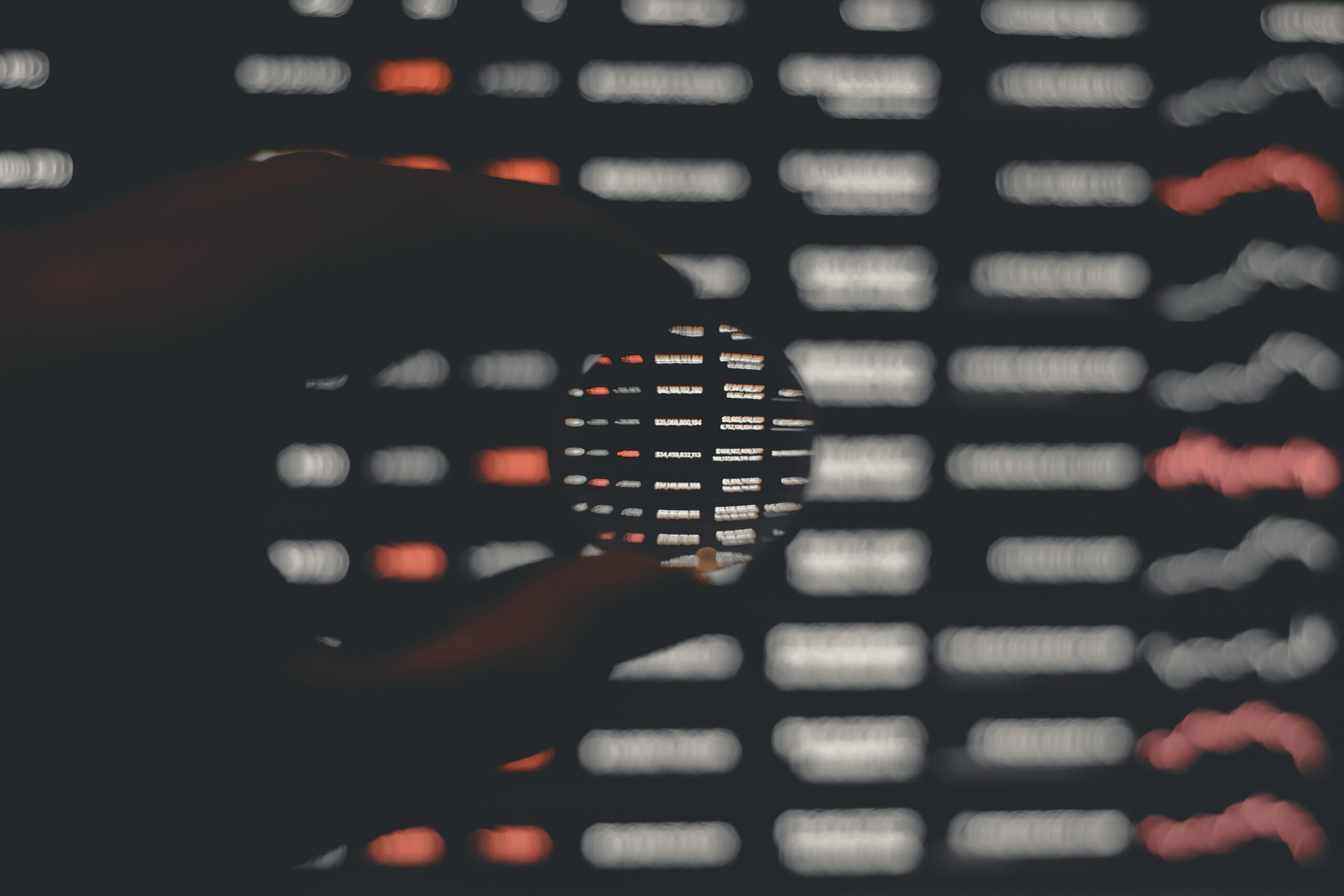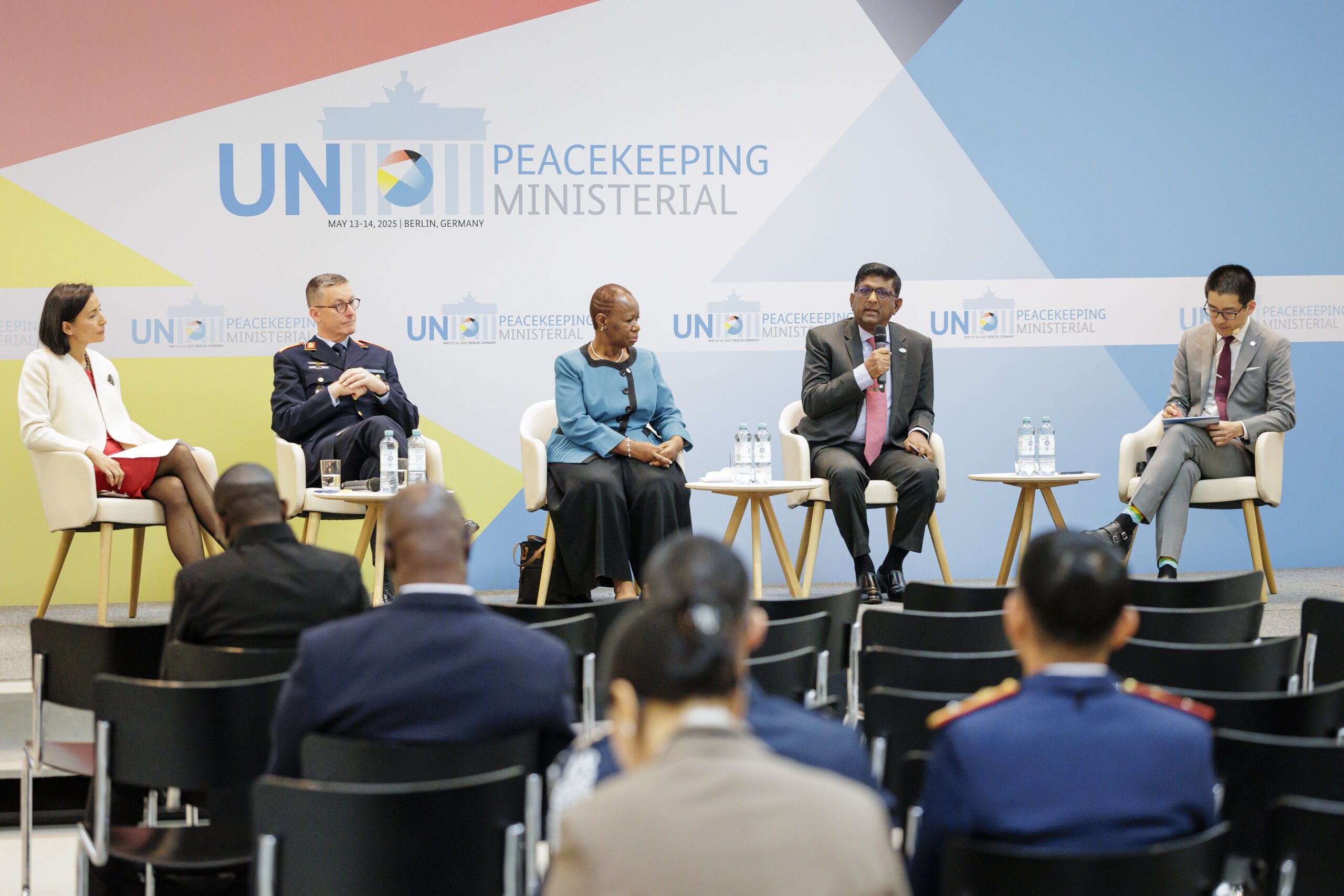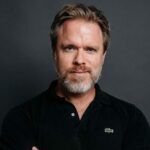

Array
(
[thumbnail] => https://s42831.pcdn.co/wp-content/uploads/2022/09/hero-placeholder-150x150.png
[thumbnail-width] => 150
[thumbnail-height] => 150
[medium] => https://s42831.pcdn.co/wp-content/uploads/2022/09/hero-placeholder-300x129.png
[medium-width] => 300
[medium-height] => 129
[medium_large] => https://s42831.pcdn.co/wp-content/uploads/2022/09/hero-placeholder-768x329.png
[medium_large-width] => 768
[medium_large-height] => 329
[large] => https://s42831.pcdn.co/wp-content/uploads/2022/09/hero-placeholder-1024x439.png
[large-width] => 1024
[large-height] => 439
[1536x1536] => https://s42831.pcdn.co/wp-content/uploads/2022/09/hero-placeholder.png
[1536x1536-width] => 1400
[1536x1536-height] => 600
[2048x2048] => https://s42831.pcdn.co/wp-content/uploads/2022/09/hero-placeholder.png
[2048x2048-width] => 1400
[2048x2048-height] => 600
[gform-image-choice-sm] => https://s42831.pcdn.co/wp-content/uploads/2022/09/hero-placeholder.png
[gform-image-choice-sm-width] => 300
[gform-image-choice-sm-height] => 129
[gform-image-choice-md] => https://s42831.pcdn.co/wp-content/uploads/2022/09/hero-placeholder.png
[gform-image-choice-md-width] => 400
[gform-image-choice-md-height] => 171
[gform-image-choice-lg] => https://s42831.pcdn.co/wp-content/uploads/2022/09/hero-placeholder.png
[gform-image-choice-lg-width] => 600
[gform-image-choice-lg-height] => 257
)
Global Peace Operations Review
Making UN peacekeeping Fit for Purpose: A Shared Responsibility
The blue helmet is perhaps the most powerful symbol of hope for a better world.
In the 70 years since the UN was founded, its peacekeepers have saved lives and restored peace all over the world. From the Far East to Europe and on to Africa and Central America, soldiers, police officers and civilian experts have worked for peace and security at the behest of the international community, often putting their own lives at risk.
There are currently 123,000 blue helmets operating in 16 UN peace missions. The Kingdom of the Netherlands is proud to be contributing military personnel, police officers and civilian experts. But that pride does not alter the fact that there is plenty of scope for improvement in UN peace operations.
This week, the UN General Assembly will discuss how to improve the UN’s efforts in peace missions. This is badly needed. Despite all the good work being done, UN missions have attracted criticism: it takes too long for missions to arrive and be operational, mandates are often too broad, bureaucracy gets in the way and UN troops are not sufficiently equipped. They lack the flexibility to deal with the fast-changing security landscape.
At the same time, it is often only the UN that has the legitimacy and the ability to intervene. So standing on the sidelines and complaining is simply not an option. Taking part in missions and proposing how to improve peace operations is the only way to take UN missions to the next level.
Indeed, the lack of proper support for missions is the main reason for much of the criticism. After all, the UN is dependent on the troops provided by its member states, and often they are insufficiently trained and badly equipped. Critical enablers such as helicopters, medevac capabilities, medical care and good logistic support are hard to come by. Troops need armoured vehicles if they are to operate in areas where they may be the target of attacks.
I want to encourage Western countries in particular to step up to the plate. It is high time they took part more in UN missions. Last year President Obama urged the heads of government of UN member states to do what they could to enhance both the quality and quantity of the troops and equipment available, but still not enough is being done.
Western countries’ share in UN missions has fallen sharply in the past twenty years. Yet they are precisely the countries that are able to make high-tech, robust equipment available. For example, European countries are currently developing the concept of intelligence as a key component of UN missions.
The Netherlands was the first Western country to make a substantial contribution to MINUSMA in Mali, and this has helped bring other European countries on board. MINUSMA was the first UN mission to have a substantial intelligence capability. Such steps help boost the quality and strength of UN missions. Without the involvement of Western countries, many peacekeeping missions will lack the resources to sustain their operations and fulfil their mandates – and people’s lives will be at risk.
In order to make all this work, the missions’ mandates should also be improved. They have become too broad, resulting in a lack of focus. They must take more account of the specific circumstances on the ground. Putting the people in need first – the local population – must be the primary motive and therefore the instinctive reflex of all personnel involved in a mission. The UN and its staff must give absolute priority to the protection of civilians. In some missions, the UN already provides direct protection to civilians in need, for instance by admitting refugees to UN bases.
But the UN needs to do more to protect civilians – not just from the external threat posed by terrorists, militias or the military, but also from abuses committed by UN personnel. There must also be protection for those who report such abuses. Victims and whistle-blowers must be kept safe, and this extends to being safe within the walls of the UN.
If the blue helmet is to remain a symbol of hope and protection, we need to do more to improve peacekeeping missions. So I call on the UN Security Council, our other fellow UN member states and the UN organisation to join forces. Because ultimately, the responsibility for the success of UN missions lies with us all.
Bert Koenders is the Minister of Foreign Minister of the Kingdom of the Netherlands and the former Special Representative the Secretary-General and Head of the UN Multidimensional Integrated Stabilization Mission in Mali (MINUSMA).
More Resources
-

-

Reflections on the 2025 Peacekeeping Ministerial
Eugene Chen
Stay Connected
Subscribe to our newsletter and receive regular updates on our latest events, analysis, and resources.
"*" indicates required fields


